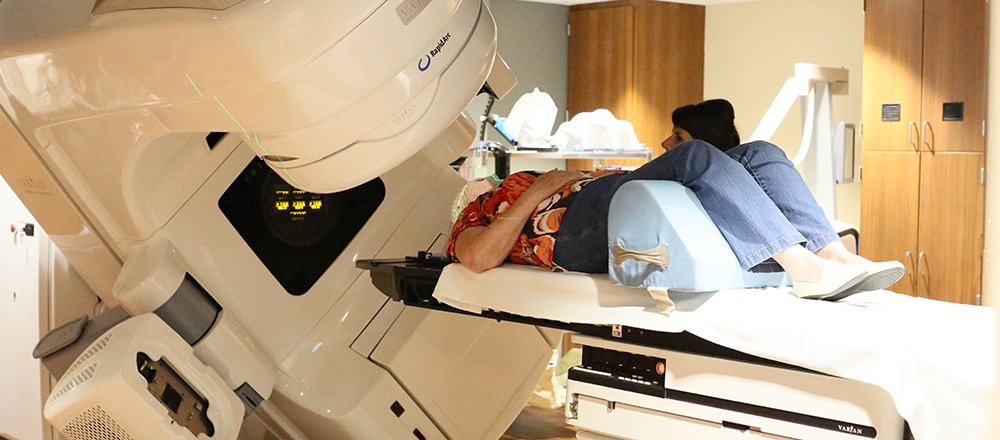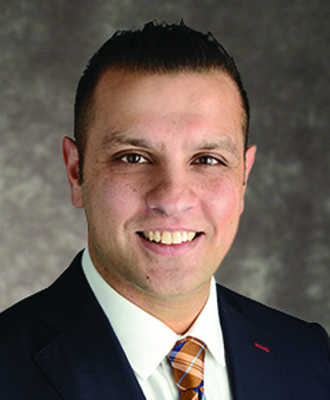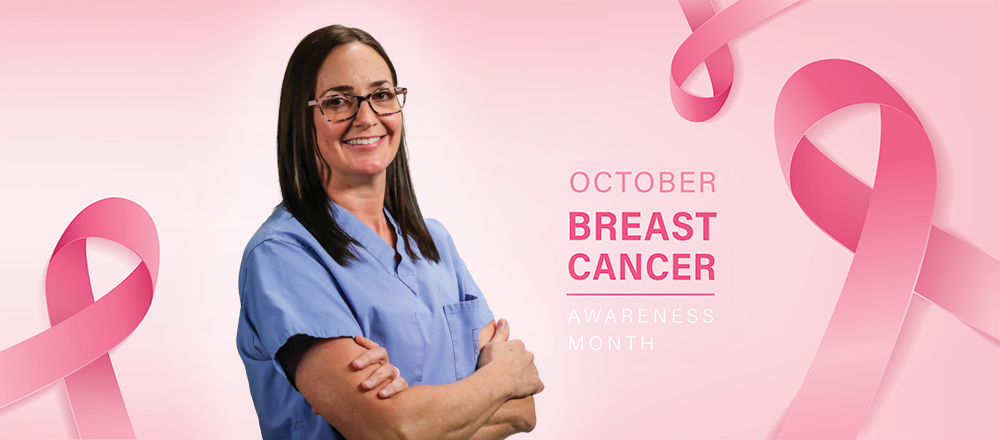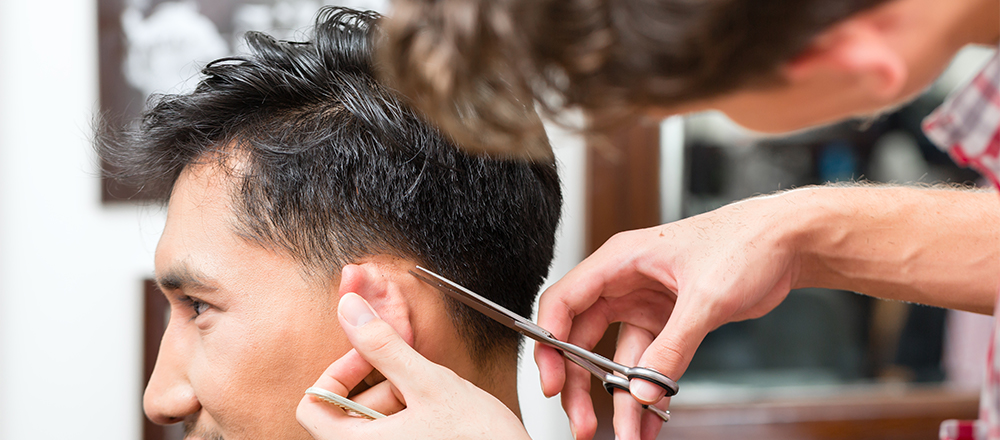
It can be difficult choosing a treatment after receiving a cancer diagnosis. One common option is radiation therapy. During this treatment, a machine targets the DNA inside cells with high-energy X-rays. These X-rays damage DNA and ultimately kill cancer cells.
This treatment may raise questions and concerns. Though it affects everyone differently, there are commonalities you can anticipate. Here are questions to explore with your radiation oncologist before beginning radiation therapy.
1. Do I need to bring someone?
Most patients drive home after their treatment. Some medications, though, can make you sick or drowsy, making it unsafe to drive. Ask your care team about your medications and their recommendations on bringing someone with you.
2. What are the side effects?
The intensity and frequency of side effects varies for everyone. Your radiation oncologist will help with planning to manage your side effects. They may even prescribe medications to help prevent them. Common side effects include:
- Constipation
- Diarrhea
- Dry skin
- Easy bruising and bleeding
- Fatigue
- Hair loss
- Mouth and throat problems
- Nausea and vomiting
3. When will I experience side effects?
There is a delay to some side effects, but it depends on the radiation dose, part of the body treated and total treatment length. They’ll usually start by the second or third week but can last several weeks after the final treatment.
4. Are there any activity or diet restrictions?
There are no dietary or activity restrictions during treatment. Try eating healthy and continuing with normal activities. Listen to your body and rest often. Be sure to get enough calories and protein in your diet. Speak with a nutritionist in the Cancer Center for nutritional needs guidance unique to you.
5. How should I care for my skin?
Radiation can cause skin irritation, itchiness or even peeling. It’s best to:
- Only use alcohol- and perfume-free soaps, lotions and detergents.
- Take short warm showers and pat your skin dry.
- Use topical medications for discomfort.
6. Will I lose my hair?
Radiation therapy doesn’t cause you to lose all your hair. You should only lose hair around the area being treated. The hair usually grows back but can be permanent with higher doses of radiation.
7. How does it affect my sex life?
This treatment shouldn’t affect your sex life or risk infertility, but it depends on where on your body you receive treatment. It can create a lack of interest in sex.
8. Can treatments cause cancer?
The risk of developing cancer from radiation therapy is low and less than 1%. The benefits of this treatment outweigh the risks.
9. What is the risk the cancer returns?
The risk of cancer returning is also low. It depends on several factors, like diagnosis, stage of cancer and age at diagnosis. This treatment has good control of the cancer cells, which reduces the risk of the cancer spreading or returning.
Each patient’s experience is different based on where they are receiving treatment and the duration. Be careful when researching information online. Your radiation oncologist can provide additional information from trusted resources. Learn more about radiation therapy treatments and our other Cancer Care services.
Related Reading
Cardiotoxicity: Cancer Treatment and Your Heart
Five Symptoms of Colorectal Cancer
Mind Over Mammogram



